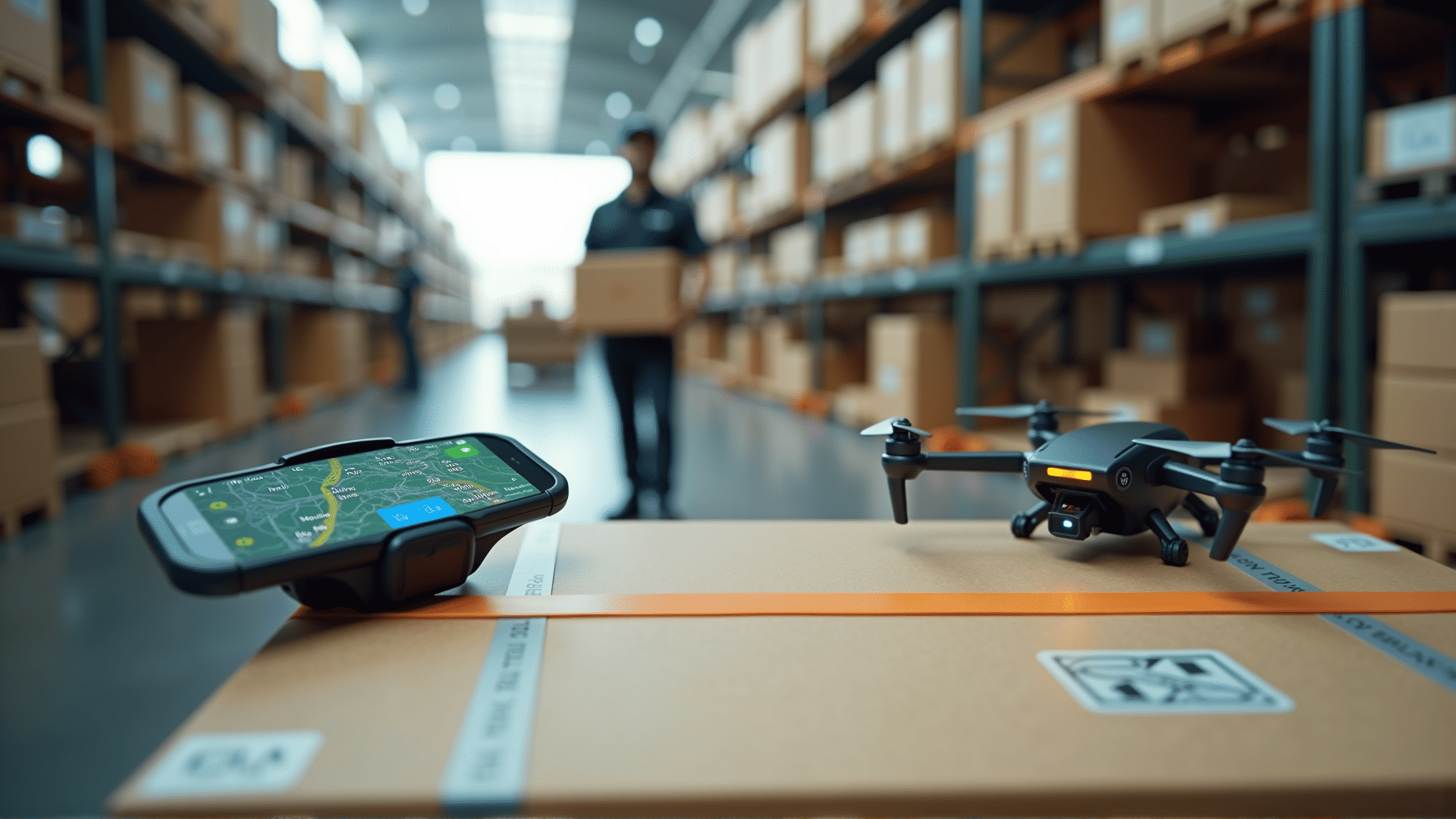The courier industry has witnessed a transformative shift over the past decade due to rapid technological advancements. These innovations have redefined the dynamics of how parcels and packages are delivered, streamlining processes, enhancing efficiency, and elevating customer satisfaction to unprecedented levels.
One of the most significant technological impacts on the courier industry is the integration of sophisticated tracking systems. Gone are the days when customers had to rely solely on estimated delivery dates. Today, real-time tracking allows customers to monitor their parcels throughout the entire delivery journey. This transparency not only improves customer confidence but also enables companies to pinpoint inefficiencies and optimize their logistics networks, reducing delivery times and costs.
Automation plays a pivotal role in enhancing operational efficiency within warehouses and distribution centers. The implementation of automated sorting systems and robotics minimizes the potential for human error and accelerates the processing of vast quantities of packages. This not only bolsters productivity but also ensures that deliveries are more reliable and timely.
Innovation in vehicle technology is also steering the courier industry toward a more sustainable future. Electric vehicles (EVs) and drones are at the forefront of this revolution. As companies strive to reduce their carbon footprint, EVs offer an eco-friendly alternative to traditional delivery trucks, significantly cutting emissions. Additionally, drones provide a novel solution for hard-to-reach areas, reducing delivery times and expanding the geographical reach of courier services.
Artificial Intelligence (AI) and machine learning have also woven their way into the fabric of the industry. These technologies enable companies to predict delivery patterns, optimize routes, and manage fleets more effectively. By analyzing data, AI can foresee potential delays due to traffic or weather disruptions and suggest alternatives in real time. This proactive approach reduces costs and ensures more predictable delivery schedules.
The rise of e-commerce has undeniably catalyzed the need for technological adaptation within the courier industry. Consumers' expectations have evolved; they demand faster, more reliable services at competitive prices. As a response, many companies have adopted smart technology solutions, such as same-day delivery services and automated customer service chatbots, to meet these demands. Intelligent customer interface systems further enhance user experience by offering quicker query resolutions and personalized services.
Blockchain technology, while still emerging, holds immense potential to revolutionize the industry by enhancing security and transparency. With blockchain, data related to a package's journey is encrypted and stored in decentralized databases, making it less susceptible to fraud and ensuring all parties involved have accurate, real-time information about consignments' status.
Lastly, mobile technology continues to play a crucial role in engaging customers. Through user-friendly apps, customers can manage their deliveries with the touch of a button, scheduling pick-ups, tracking shipments, and communicating with couriers seamlessly. This connectivity fosters a more interactive and responsive courier service that aligns with the fast-paced lifestyle of modern consumers.
In conclusion, the courier industry is continually evolving as technology progresses. These advancements not only meet the growing demands of consumers but also set the stage for future innovations. As technological tools become more sophisticated, they will undoubtedly continue to reshape how we perceive and utilize courier services, ultimately leading to a more efficient, sustainable, and customer-centric industry.
